Home Backup Batteries: Powering Homes Through Outages and Beyond
In a world increasingly affected by extreme weather, aging power grids, and rising energy demands, home backup batteries have become an essential tool for ensuring reliable and uninterrupted electricity.
These systems store energy—often from solar panels or the grid itself—and supply power to a home when outages occur or during peak usage times.
Offering both convenience and peace of mind, home backup batteries are a smart investment for homeowners seeking energy security, efficiency, and sustainability.
What Is a Home Backup Battery?
A home backup battery, also known as a residential energy storage system, is designed to store electrical energy for later use. Most commonly paired with solar panels, the battery stores excess solar energy generated during the day. When the sun isn’t shining or if there’s a power outage, the stored energy is used to power household appliances and systems.
These batteries come in various capacities, measured in kilowatt-hours (kWh), and can be tailored to a household’s specific energy needs. Leading brands like Tesla Powerwall, LG Chem, and Enphase offer smart, scalable battery systems that integrate seamlessly with home energy setups.
Benefits of a Home Backup Battery
- Uninterrupted Power During Outages
One of the biggest advantages of home backup batteries is their ability to keep the lights on during blackouts. Whether due to storms, wildfires, or grid failures, power outages are becoming more common. A backup battery ensures that critical devices—like refrigerators, medical equipment, and communication tools—remain functional when the grid goes down. - Energy Independence
By storing your own energy, especially from solar panels, you reduce your reliance on utility companies. This not only improves energy security but also allows for greater control over how and when electricity is used in your home. - Cost Savings
Homeowners can save money by using stored energy during peak hours when electricity rates are higher. Some utilities also offer time-of-use billing, where energy costs fluctuate based on demand. A battery lets you avoid high rates by drawing from your own supply during expensive periods. - Eco-Friendly Solution
When paired with solar panels, home batteries help reduce your carbon footprint by maximizing the use of renewable energy. Excess solar power that would otherwise go unused can be stored and used later, minimizing waste and dependence on fossil fuels.
Common Uses and Features
Modern home batteries come with smart technology that allows remote monitoring and control through mobile apps. Homeowners can track energy usage, battery levels, and system performance in real-time. Some batteries can even integrate with home automation systems or electric vehicles, creating a complete energy ecosystem.
They can be installed indoors or outdoors, depending on the model, and are often modular, meaning you can add more capacity as your needs grow. Backup batteries are especially useful in areas prone to power outages, or in homes where continuous power is critical for health or safety reasons.
The Future of Energy at Home
As renewable energy continues to grow and the transition to a decentralized power system accelerates, home backup batteries will play a vital role. They empower homeowners with control, flexibility, and resilience in the face of growing energy challenges. Investing in a home battery isn’t just about staying powered up—it’s about building a smarter, greener future.
RELATED ARTICLES
Timewarp Taskus – Comprehensive Guide!
Best Knives for Left-Handed Users
French Document Localization for Seamless International Partnerships
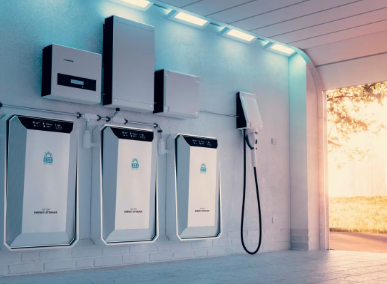


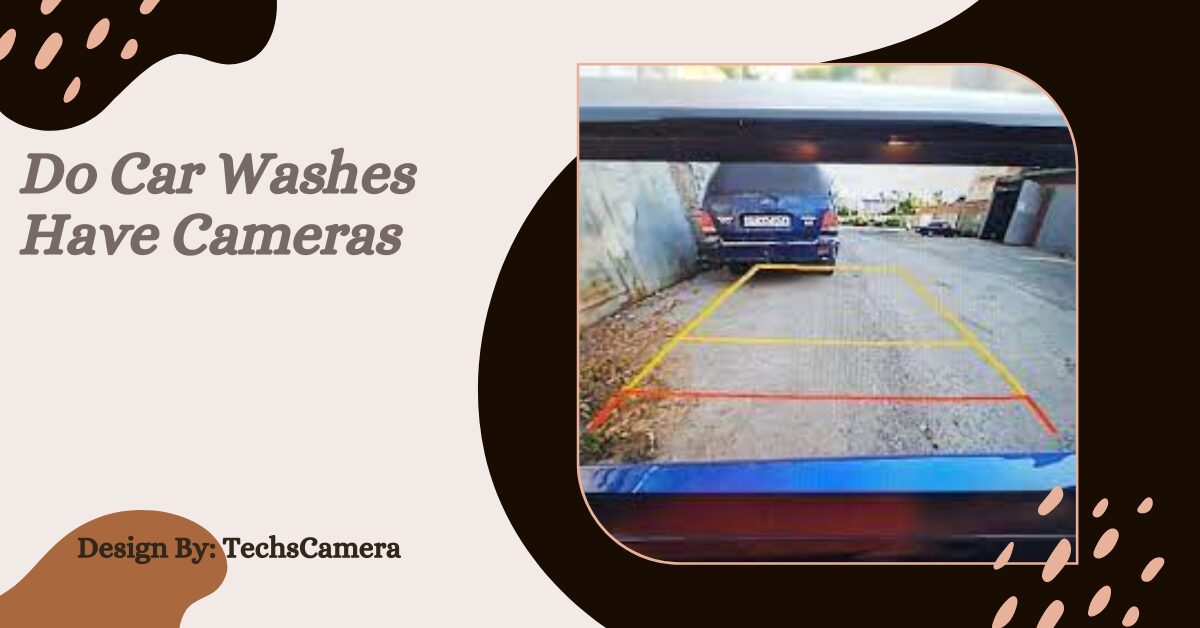





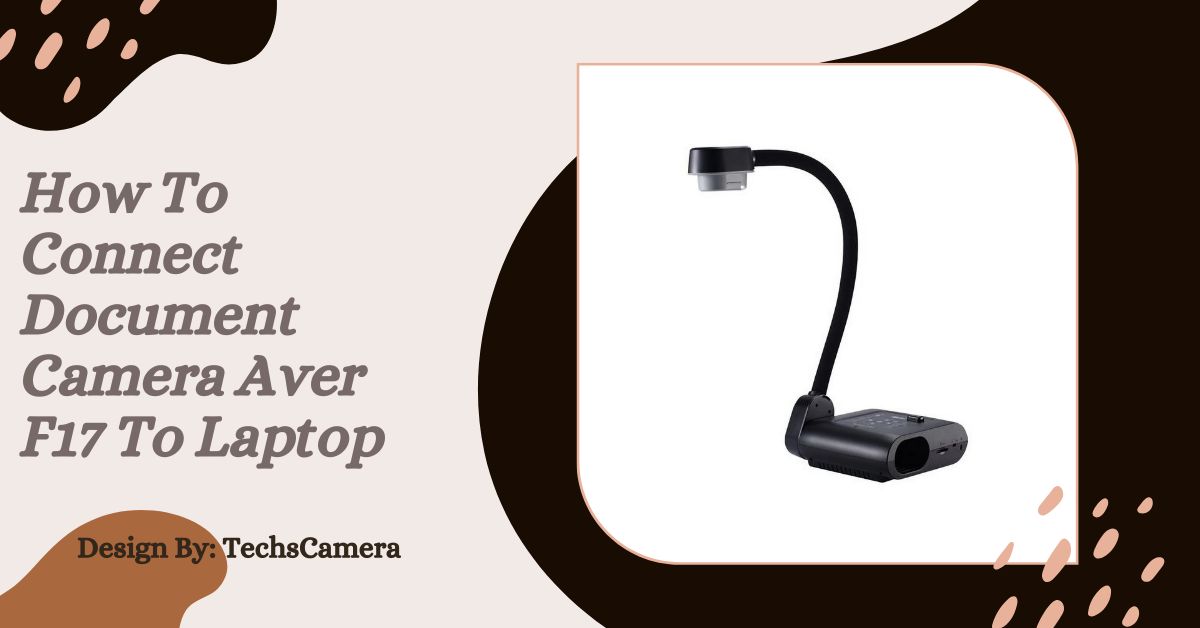
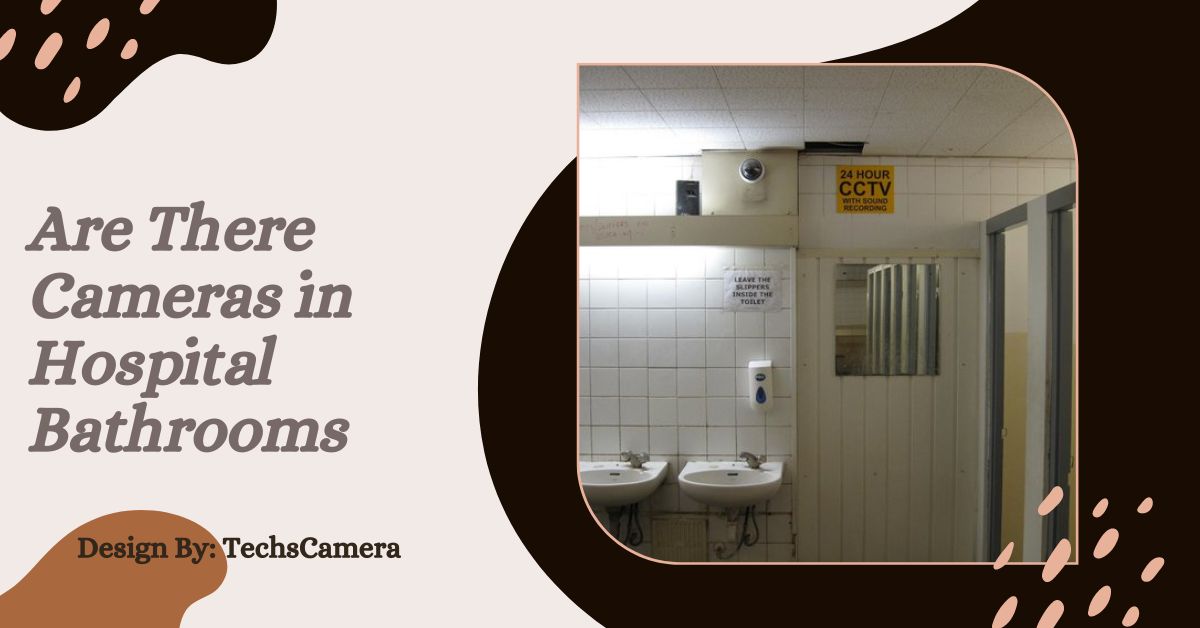
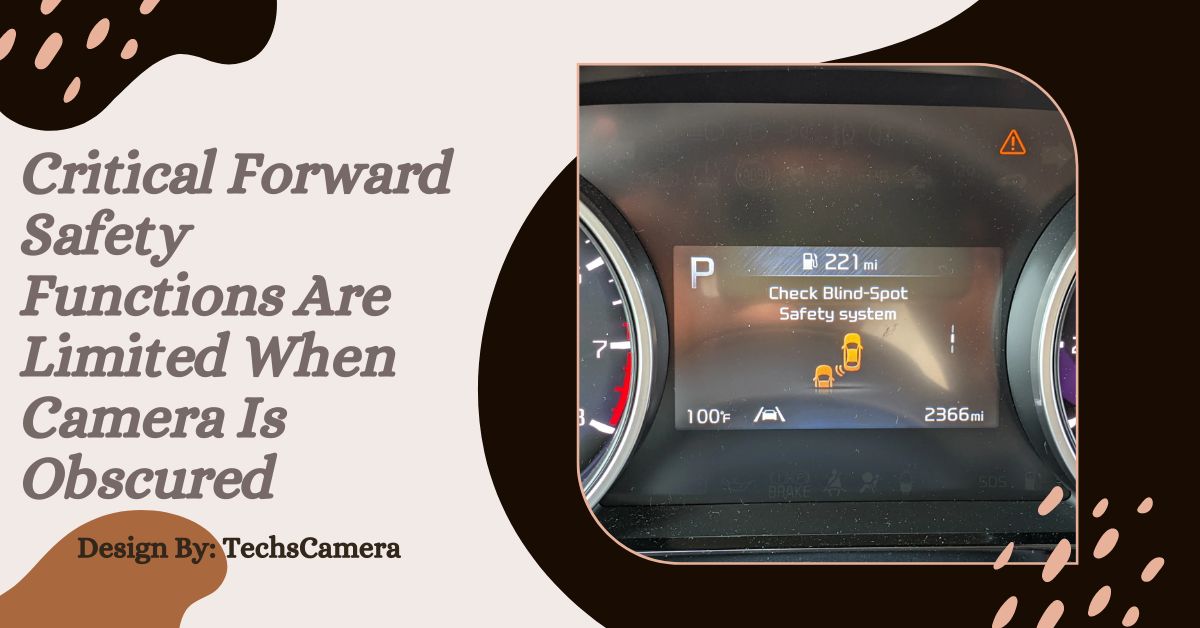
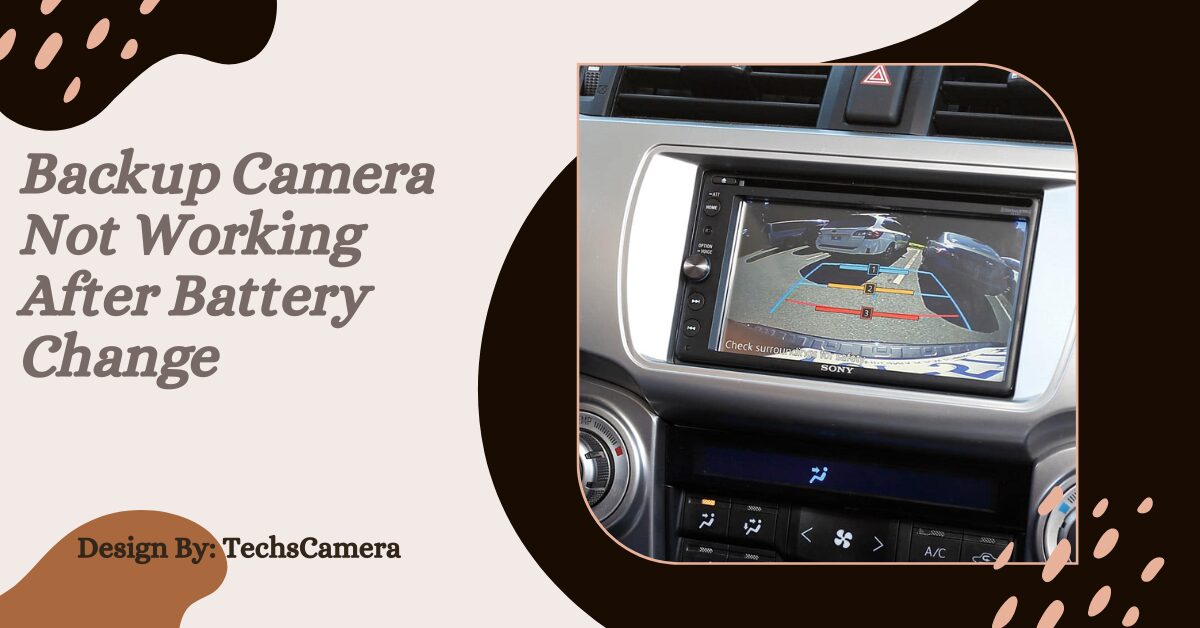
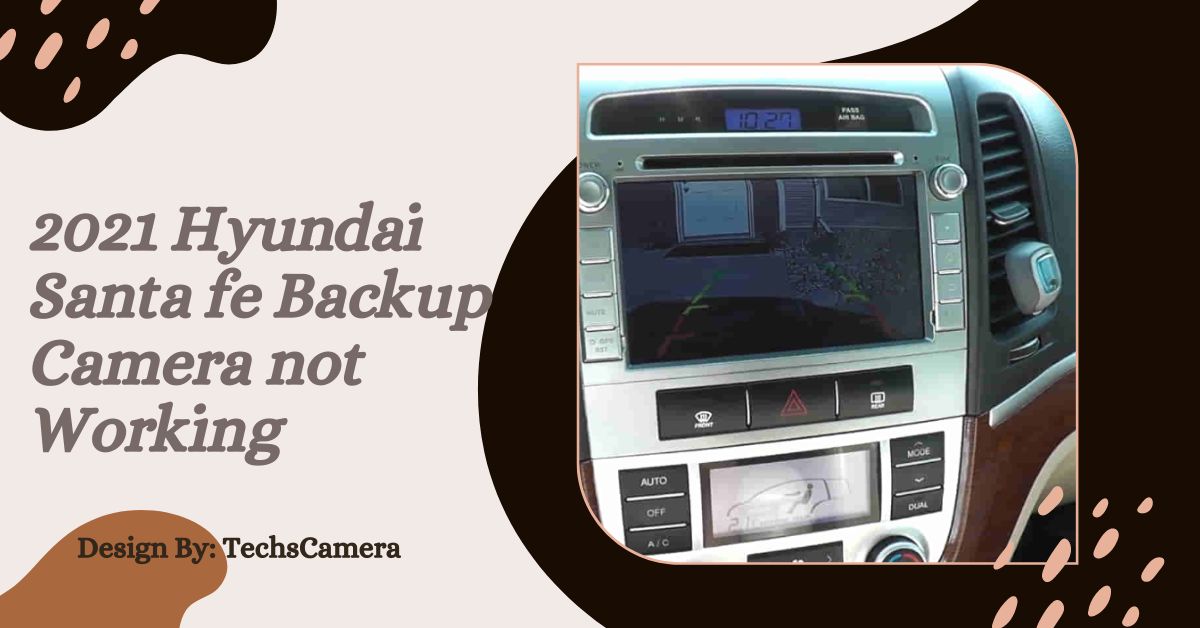



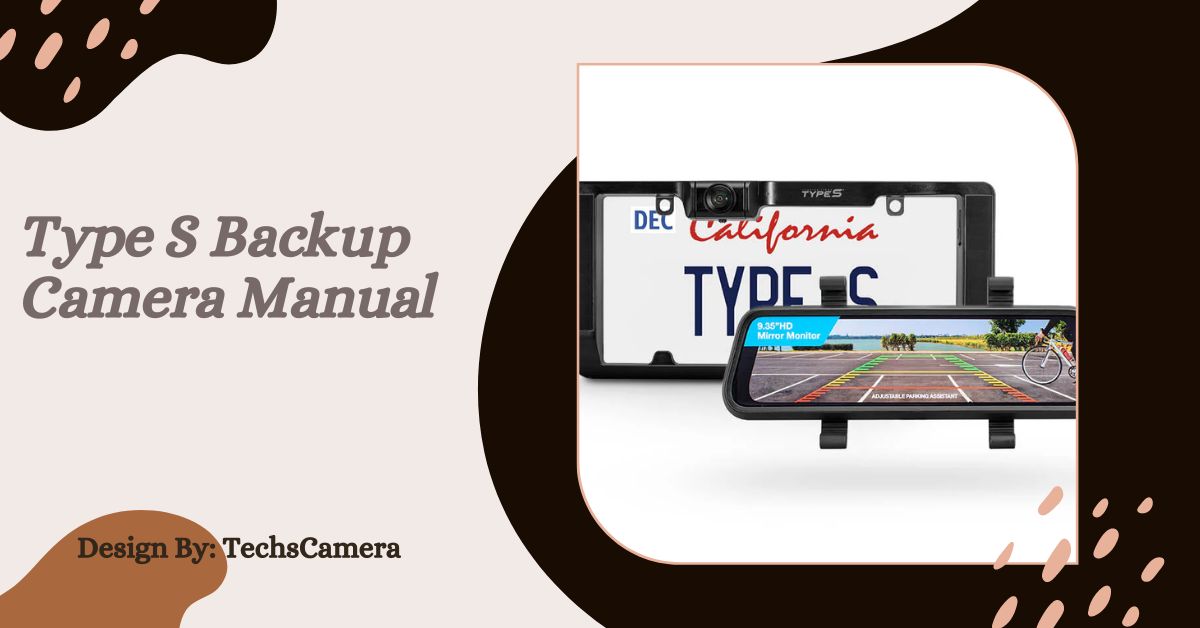


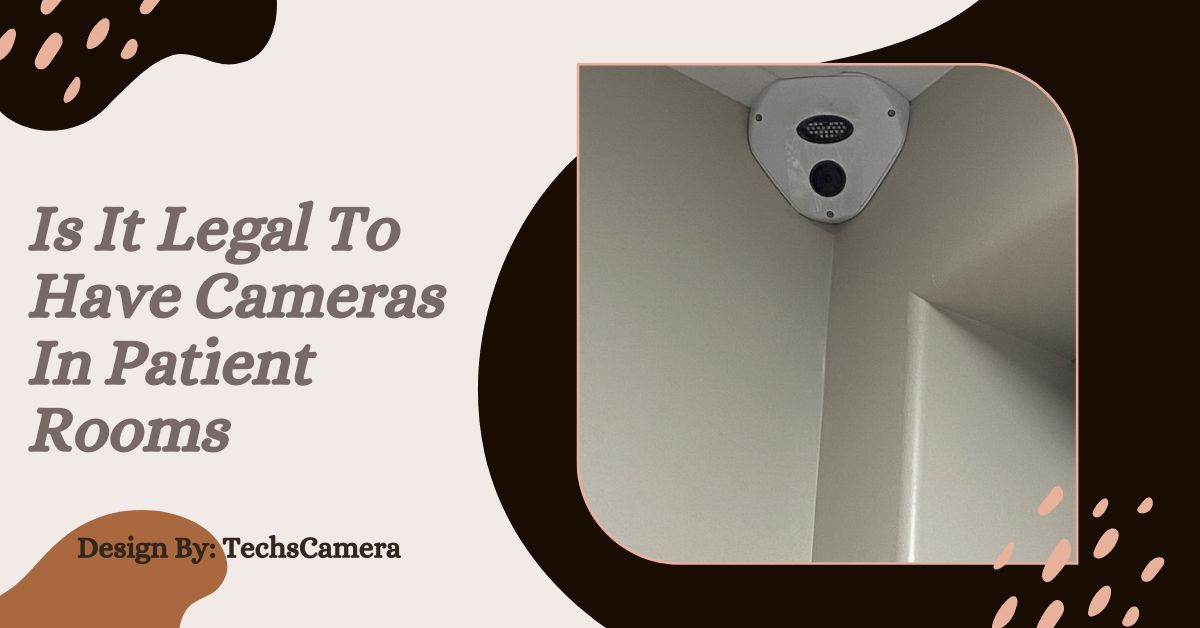
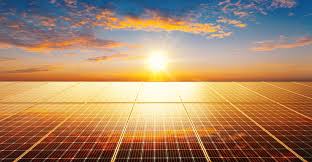
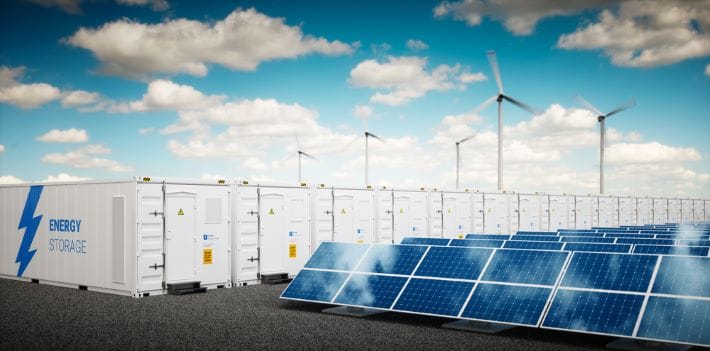
Leave a Reply